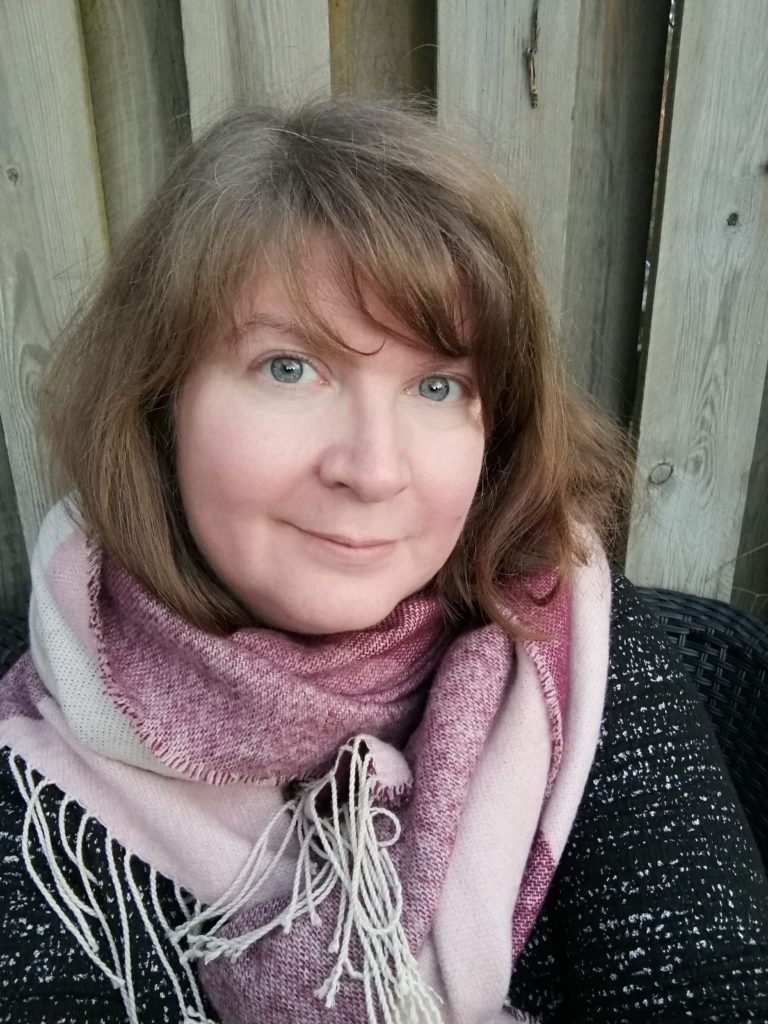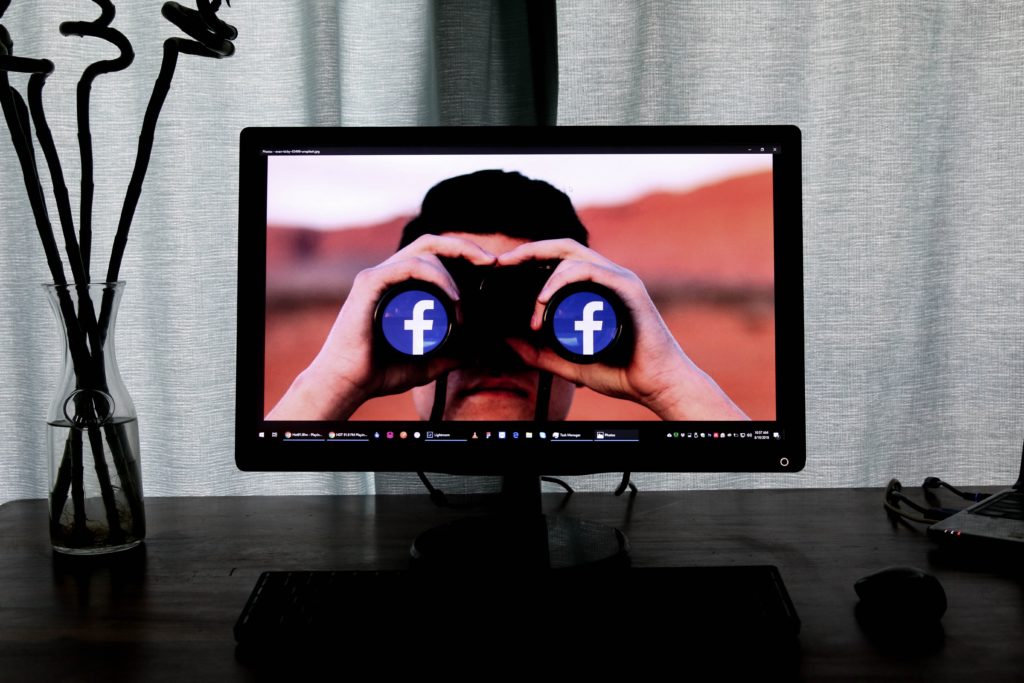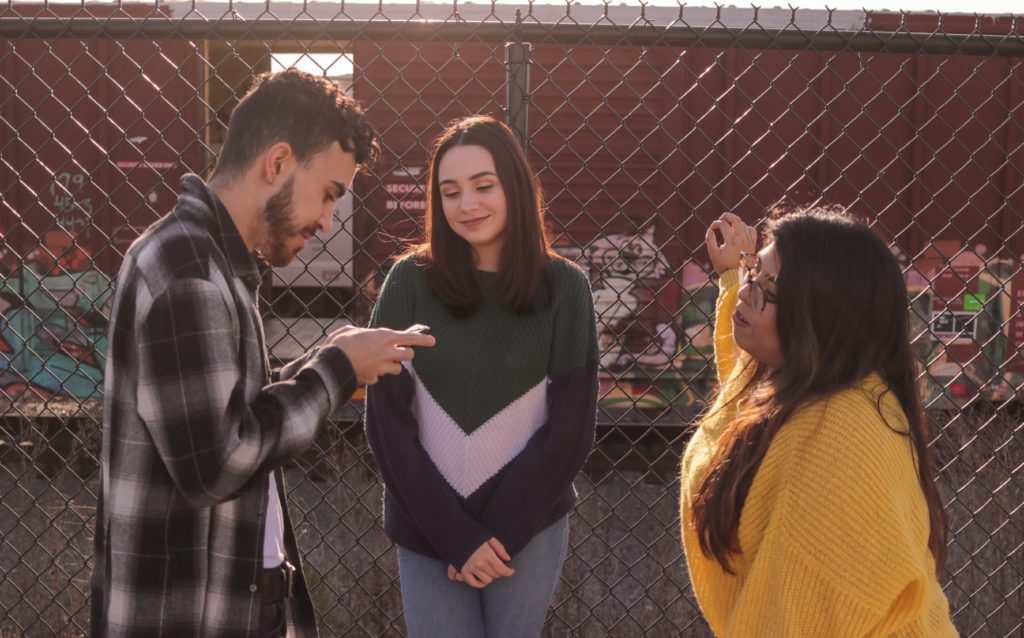Over the past seven years, I have studied the concepts and interpretations of pornography that Finns have had in their youth. My multi-data research material consisted of pornography-related memories from Finns’ childhood and youth starting from the 1940s and ending in the 2000s.
I have also analysed over 4,300 questions submitted by young people to sexual health professionals, as well as the answers of 167 adolescents and young adults to an online survey conducted in the autumn of 2015. Based on my material, the harsh reality is that young people do not get help from adults close to them in questions related to pornography. Could youth work step in to fill this void?
Young people find talk about the risks of pornography more annoying than pornography itself
The biggest surprise in my material was how rarely it contained any mention of pornographic content, the things that Finns had experienced in the different decades. I had expected the individuals in my material to describe the pornography they had seen in their childhood and youth. I also expected to read detailed descriptions of different sexual acts and bodies. Instead, my material was filled with sore memories and personal experiences of adults’ inability to deal with the questions and experiences that children and young people had concerning sex and sexuality.
Young people of the internet age experienced educators’ talk about the underage consumption of pornography and the risks involved to be more problematic than pornographic content itself. Today’s young people wondered about the way in which adults talk about pornography: that watching it is a sign of perversity, that it harms and distorts sexuality and that it causes irreparable long-term damage. They also described how adults flew into fits of rage after discovering that their offspring had watched pornography.
I find it remarkable that young people of the internet age, as well as much earlier generations, emphasise the inability and tactlessness of their educators and the outright improper way of educating children in questions related to sexuality. Both my own research into childhood sex play and that conducted by Osmo Kontula indicate that if educators react negatively or aggressively to their offspring’s sexual experiences, this may leave children and adolescents with a long-lasting memory tinged with shame. What is more, these reactions are usually transferred from generation to generation.
Citing the risks of pornography to scare minors is a poor pedagogical approach. Comments emphasising problems may create the misconception that getting aroused by pornography would be somehow perverse. If talk about online sexual cultures focuses solely on related harm and danger, young adults will not seek help even if they see or experience something they would like to discuss with an adult. As a professional in media education, this finding made me wonder whether adults really should talk about pornography with underage young people.
Fact- or assumption-based talk about pornography?
In many contexts, young people showing an interest in sexuality is considered to be something unwanted or even threatening and dangerous. There are commentators in Finland, too, who claim that pornography leads to more irresponsible sexual behaviour among young people and to their engaging in sexual intercourse at an earlier age, as well as to increased sexual violence, lax sexual attitudes and morals, and increased sexual activity among children and adolescents. However, such notions are not based on research available to us, but rather reflect adults’ worries and fears about the presumed impacts of the media.
According to my research, Finnish young people can critically assess different media representations of gender and sex. Seeing pornography and having a better understanding of sex does not increase young people’s physical sexual experiences. On the contrary, these experiences are declining, as indicated by the comprehensive national school health promotion study. The ideas that underage young people have of “real-life sex” do not reflect sexual acts seen in pornographic material. In fact, they are surprisingly traditional. Young people talk about sex as an intimate experience with a partner who they trust and with whom they want to share something special.





